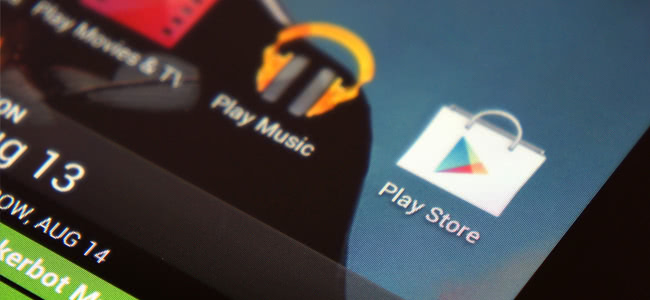Fancy yourself a bit of a music geek? Constantly making music recommendations for friends, family, and even perfect strangers that they end up thanking you for? Reckon you’re an expert at curating the right playlist for any situation?
Then maybe playlist curation at Google Play is the right job for you. That is, of course, if you can pass the Susan Boyle test. What is the Susan Boyle test, you ask? Just a test to find out how much of a music snob you are.
“We make curators take the Susan Boyle test,” Google’s Peter Asbill tells The Guardian. “We ask these people – and remember, these are music geeks, they’re really seriously into music – to please put together a playlist that features Susan Boyle, that you think a Susan Boyle fan would love.”
If they can’t do that, Asbill, whose official job title is global streaming lead, Google Play, isn’t giving you a job. “It’s about getting people to check their ego at the door,” he explains. Basically, music snobbery isn’t going to get you far.
“Susan Boyle has no street cred with cool music people, or so you would think,” he says. “But if they can’t understand Susan Boyle, why she appeals to people and what they’re interested in, they’re not going to be a successful curator for us.”
Playlists are a hot commodity in music these days, thanks in large part to streaming. Google Play is far from the only company building an in-house team to create them. Apple Music and Spotify are both pushing playlists to the forefront of their services.
“We’re very much focused on providing the perfect music for your context,” says Asbill. “We are very different to the other services: we want to have the best soundtrack for that moment, and we’re constantly evaluating the performance of playlists along those lines.”
[include_post id=”462012″]
“We’re not about educating people about music: we’re not teaching people about what’s super-cool, or about ‘the canon’. We’re trying to give them the perfect soundtrack for their moment, not trying to force people to discover new things.”
That’s why Asbill and his team employ the ‘SuBo test’, which essentially screens out people who may be a little too in love with their own musical tastes to think outside the box and put themselves in the shoes of listeners who aren’t looking for the latest obscure indie release.
And the playlists can get very specific. For example, Sad Girl Pop is “a playlist of sad songs from the saddest girls in pop”, whilst Lying In Lakes is “the music that would be playing if you swim out to the middle of a like and lie on your back”.
Reckon you’ve got what it takes to make playlists at Google? Go on and email your Susan Boyle playlist and your CV to Asbill.




































